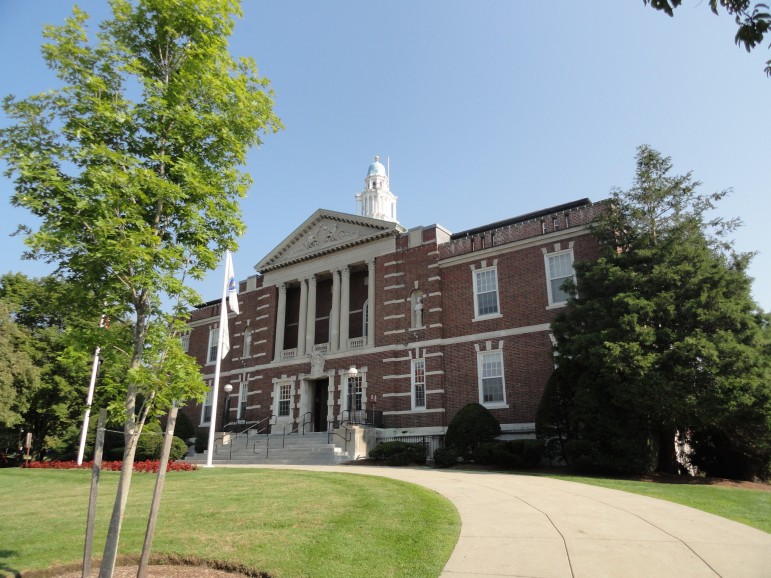
The City of Watertown will now be able to attach liens to properties for unpaid fees, fines, and tickets after a recent City Council vote.
Previously, the City had to go to District Court to enforces fines and other payments, but the City wanted a more reliable way to enforce fines, fees, and other payments, City Manager George Proakis said at the Sept. 22 City Council meeting. The lien would appear on the property tax bills.
“We had a conversation with (legal) counsel about best strategy to go about when we impose a fine to someone for a violation of the State sanitary code, or building regulations or noise regulations. It is possible to collect that fine and not just have it ignored,” Proakis said. “We will be able to essentially tack it on to the property tax bill, have liens on unpaid fees municipal fines, make people take the fines seriously, and in turn make people take the law seriously; which in turn, hopefully means that we don’t have to grant these fines because everybody is complying with the law.”
To do so, the City Council requested a Home Rule Petition to allow attaching liens on property taxes. The State Legislature approved the request in the recently concluded session. To enact the Home Rule Petition the City Council had to adopt a regulation specifying the fines and fees covered. The Council unanimously approved the list of fees and fines to be included in the regulation on Sept. 22.
The list of fees and fines in the regulation include: placing snow and ice on public ways, noise regulations, stormwater regulations, single use plastic bags, building regulations, Historic District Ordinance, demolition of historic buildings ordinance, wetlands violations, zoning code, State Sanitary Code, State Dog Laws, State Building Code, and Court Fines and Fees.
City Councilor Tony Palomba asked what the implications would be to have a lien on a property.
City Attorney Mark Reich said the process would be similar to other fees and fines. A notice of a violation, charge or fee would be sent, and if the not paid it would be followed by a notice that the fine or fee will be put on the property tax bill. The lien will remain on the property until the fee or fine is paid, and would have to be paid off if the property is sold, Reich said.
“The intension is to allow a more efficient and effective mechanism to enforce the code, rules, and regulations of the City,” Reich said. “The City takes this seriously. It will be a process to undertake before it reaches a point of imposition of a lien and there are appeal procedures with respect to the issuance of fines. It is not intended to be draconian. It is intended to give the City another tool in its toolbox to enforce and regulate and protect public health and safety.”
One fee that was not placed on the list of those that can be recovered by a tax lien is parking tickets. Councilor John Gannon asked why this was not on the list, because he has seen cases where people owe thousands of dollars in parking tickets.
Proakis said the fines on the list are linked to a property, while parking tickets may be issued to someone who rents in Watertown or does not even live in town. Reich added that parking tickets can be enforced through the Registry of Motor Vehicles and connected to people’s driver’s license and motor vehicle registration.
See the memo for the fees and fines covered by clicking here.
There seem to be loopholes for renters for dog violations or breaking snow removal rules and possibly others. As we are fast approaching the point where there will be more than 50% renters than owners here, we need to be sure we are being consistent with our laws. If they don’t own property, how will we be sure to get payments from them? Having to take them to court could cost the city a lot of money?